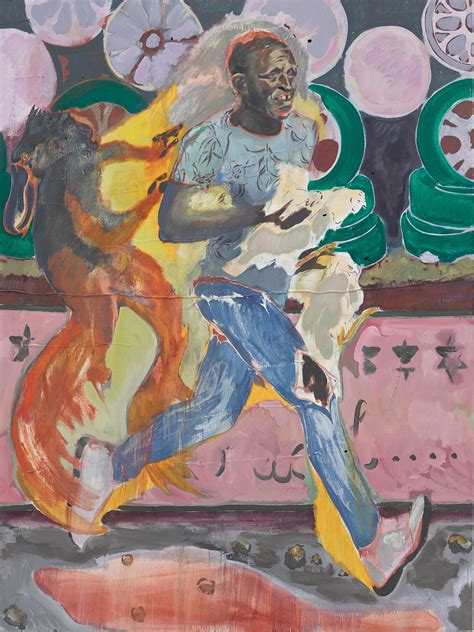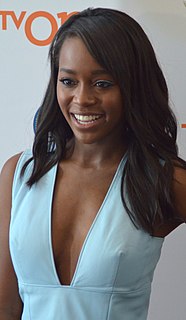A Quote by Rachel Vincent
You thought you could figure that out online? Somehow I don't think hellions are much into social networking.
Quote Topics
Related Quotes
When it became easy enough to do dairy online, then I just thought, "Oh, I'll start doing this. I'll put the parts online that aren't going to get me in trouble. I'll save the rest for myself." It became also this kind of self-therapy. I could write about stuff that was bothering me, or personal stuff. And the very personal stuff I could edit out. But it was kind of the catharsis of getting it out and writing about it, that made me think, "Okay, I see why people do this, why they keep these diaries." So I thought, "Well, let's see what happens when I post some of it."
In this day and age, when there are so many people creating work online and writing their own shows, I wouldn't tell another actor, 'If you can do anything else go do that.' I would tell them to figure out the story they want to tell, to figure out what artists inspire you and why, and then figure out a way you can create that for yourself.


































